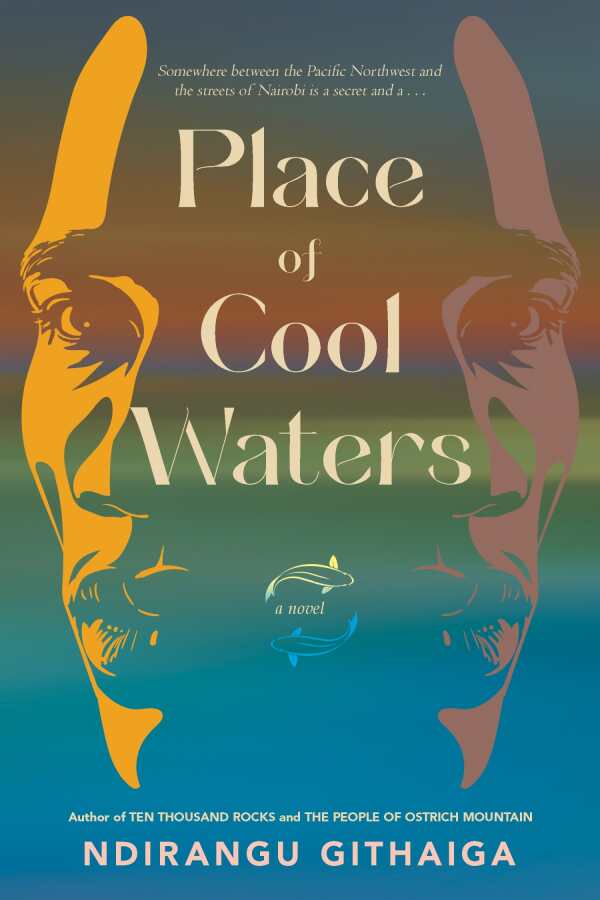Place of Cool Waters
Establishing keen senses of both its locations and its heroes’ fates, Place of Cool Waters follows two men on coming-of-age odysseys.
Two stories converge in Ndirangu Githaiga’s novel Place of Cool Waters as two young men gather their strength in the face of unpredictable events.
Qadir is a Somali orphan living in Nairobi, Kenya. He struggles to apply his passions in an unforgiving job market. To make matters worse, he faces frequent discrimination on account of his status as a foreigner. Jude, also an orphan, grows up as the only Black boy in his Washington town. Still, he is never treated as if he were different from anybody else until he moves to Seattle. As his perspective broadens and he discovers pain and loss, he resolves to make the most of the present.
A Boy Scout for life, Jude makes a pilgrimage to program founder Lord Baden-Powell’s grave in Kenya, where he meets Qadir. Misadventures ensue, the men’s assumptions are challenged, and the two find that it may be more than coincidence that brings them together. In fact, by the end of the tale, it could be concluded that “coincidence” is but a faithless name for fate.
Almost as important as the novel’s central characters are the settings that backdrop their transformations. Jude’s hometown, Clarksville, stands in effective contrast to the new world he finds in Seattle. On the other side of the mountains, changes in everything from climate to conversation create the sense of being distant in space and time, which helps when it comes to understanding how Jude’s internal world changes as well. It also sets the stage for the moments, fateful perhaps, wherein pieces of his old life find him again.
Worlds away, the Nairobi of the book is made rich through dense linguistic details. The names of items and the conventions exposed in the course of conversations bring it to life. The episodes set in Kenya demonstrate an intimate knowledge of the culture, but the way the information is laid out—via a mix of footnotes, bracketed translations, and definitions given midsentence—is clunky. Nor is every narrative turn purposeful; some details register as fluff.
The first half of Place of Cool Waters takes on a lot by exposing twenty years in two separate lives. While this is happening, central themes are introduced and parallels are drawn between the boys’ experiences. The division of time between the boys is a useful device and is central to what the book is doing, but the narrative’s attention is spread thin. Jude’s and Qadir’s characterizations are somewhat insubstantial early on; too few words are spent on each of them. A positive outcome of this is that their respective stories move at a quick and exciting pace, and when Jude lands in Nairobi, he is carried along by this momentum. What transpires thereafter is exhilarating and creates the immediate feeling that Jude’s journey is much more meaningful than was first apparent. Still, there are times, even in the story’s concluding moments, where the second half seems to have achieved less resonance than it could have on account of the same lean, hurried descriptions found in the first half. The tale of Jude and Qadir in Kenya is nonetheless an energetic mix of comedy, suspense, and transcendence that delivers on the promise and premonition of the events that inspired the odyssey in the first place.
In the transcontinental journey of Place of Cool Waters, everything happens for a reason, and the unlikeliest occurrences are the most profound.
Reviewed by
Neal Baker
Disclosure: This article is not an endorsement, but a review. The publisher of this book provided free copies of the book and paid a small fee to have their book reviewed by a professional reviewer. Foreword Reviews and Clarion Reviews make no guarantee that the publisher will receive a positive review. Foreword Magazine, Inc. is disclosing this in accordance with the Federal Trade Commission’s 16 CFR, Part 255.

